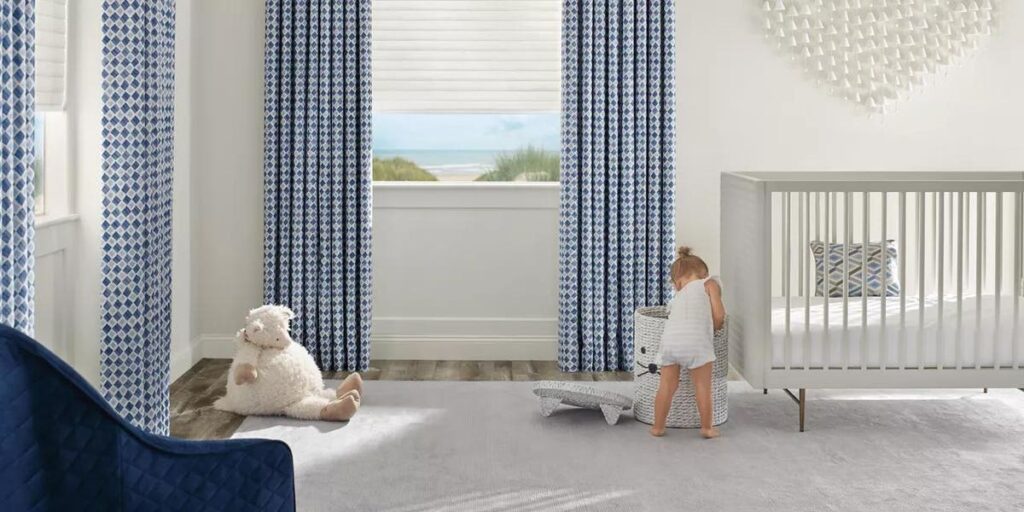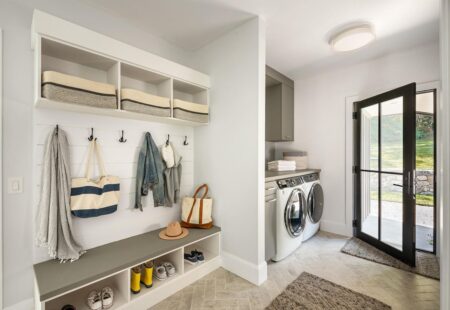This is shaping up to be the hottest summer on record, with triple digit temperature spikes around the nation. That spells extreme health and safety risks for people who work outdoors, as well as for those who run, cycle and hike or, sadly, find themselves homeless. According to the Centers for Disease Control, those most at risk for heat-related illness are infants and children four and younger, people aged 65 and older, and people with existing medical conditions like diabetes or heart disease.
If these describe a member of your household, some of the 10 tips below – like adding a fan, changing bulbs and adding window protection – should be focused on their rooms first. Health and safety are two crucial facets of wellness design!
Here are a range of pro tips for the entire household, including some that won’t cost a cent and can be implemented this weekend.
- Block the sun by closing your window shades, blinds or drapes during the hottest parts of the day. This can lower your home’s indoor temperature even if you lack air conditioning or your local utility imposes rolling stoppages.
- If you were planning on replacing your window coverings, this is a good time to consider new ones that add to your home’s energy efficiency and keep it cooler while doing so. Look for energy performance ratings for the ones that will work the hardest for you.
- Another option to keep your interiors cooler is to add window film. This can also protect your skin, furniture, art and rugs from UV damage. Architect Magazine says these products can block 99% of UV rays and cut utility costs by 30% to 40%, but there are some surmountable cons (and shopping tips), which the professional magazine lists.
- Avoid using a gas cooktop or stove. A portable induction burner will do the same job without heating up your kitchen.
- Avoid using your oven, which can also make a kitchen hotter. If possible, eat foods that don’t need to be baked or broiled, grill outdoors (under a shade cover), or use a toaster oven instead.
- Use fans, which can create a cooler air effect in the room. They only need to be used in a room where you’re working, relaxing or sleeping, so there’s no wasted energy.
- If it’s cool enough to open your windows with fans on, do so across your home to create a cross-ventilation effect.
- Replace any remaining incandescent lights that add heat to your home with LED or compact fluorescent models that don’t.
- Home improvement expert Bob Vila recommends unplugging any power strips when they’re not in use.
- Vila also suggests doing laundry at night when it’s cooler.
Here are some longer-term heat-beating solutions that involve remodeling, from a Forbes.com article I wrote last July when it wasn’t even this terribly hot in most of the country. It’s worth revisiting now.
Read the full article here













